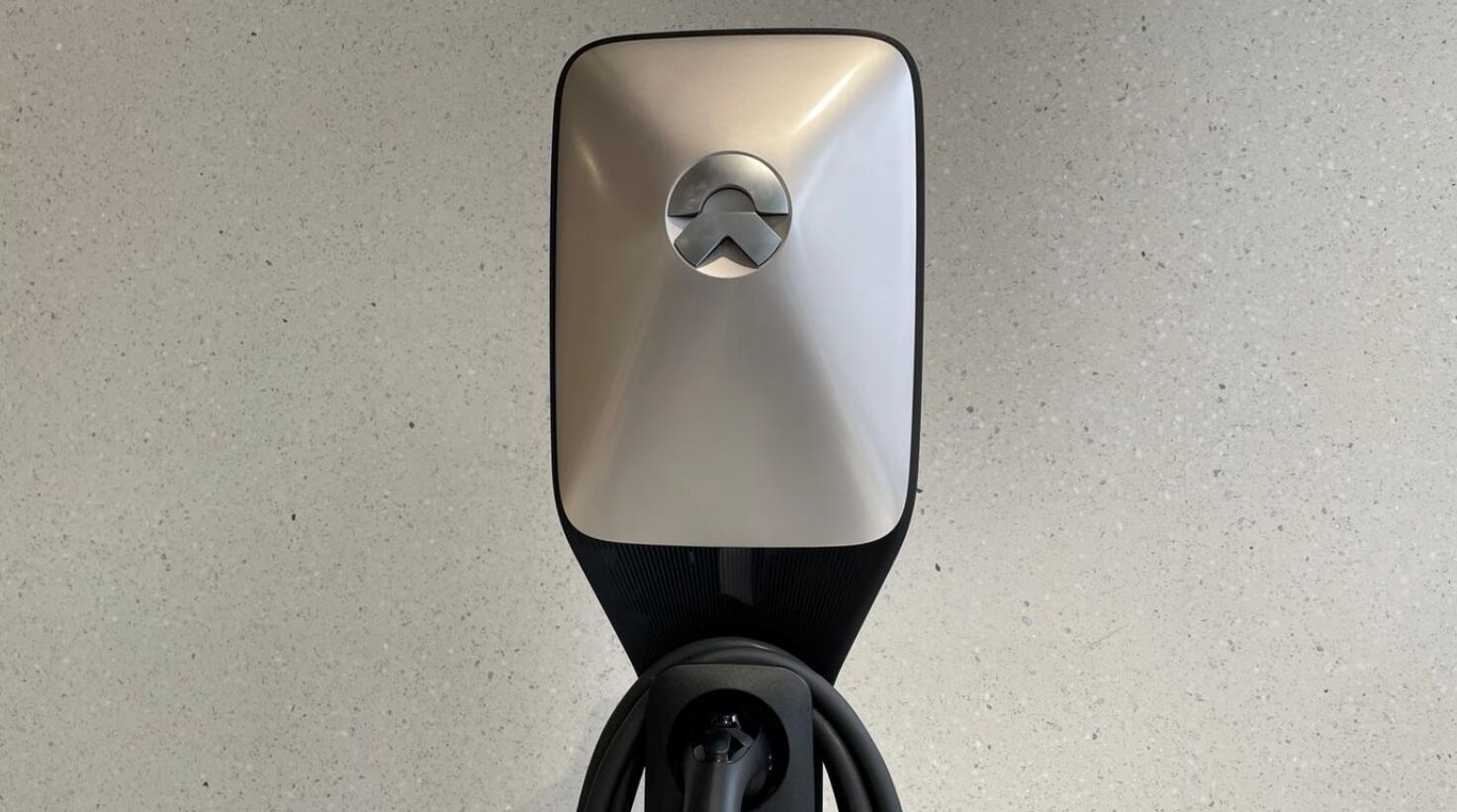Although China's electric vehicle (EV) market has grown rapidly over the past year, according to Nio co-founder and president Qin Lihong, the market could grow even faster if the barriers are further removed.
In his speech at the 2021 China EV100 Forum, Qin said that the current factor that may limit the further popularity of EVs is the construction of public infrastructure, so he called on the China EV100 and the whole industry to launch a new organization or platform to solve this problem and make EV travel more worry-free for users.
Qin mentioned that Nio still encountered many challenges in the process of battery swap station and charging pile layout, and often felt that there is no law to rely on while solving these obstacles.
Last year, China's State Council put forward charging, battery swap facilities, and battery swap stations as new infrastructure projects in the 14th Five-Year Plan, but there is no clear method of implementation in each local area, he said.
When it comes to battery swap stations, how should the local government approve them, how should the charging piles be approved, and what should be done if the property management does not cooperate, these are all very real problems, he said.
If every consumer can install a charging pile in their own parking space, the electric car charging experience will exceed the gasoline car refueling experience, then it is not far from the popularity of electric cars, he said.
In Chinese cities, many residents do not have fixed parking spaces, especially in mega cities like Beijing, Shanghai and Shenzhen. And even if residents have a fixed parking space, they may encounter obstacles from property management when they apply for charging pile installation after purchasing an electric car, citing security and other reasons.
Facing this problem, Tesla's solution is to rapidly expand its own Supercharging network so that users can charge conveniently even if they don’t have their own charging piles.
Nio is also accelerating the construction of charging and battery swap network and has already installed about 50,000 home charging piles for users and built 100 supercharging stations including about 800 supercharging piles nationwide.
Nio has also introduced over 280,000 third-party fast-charging piles in the community through the Nio APP to facilitate users' travel.
If this organization called for by Qin can be established and begin to address the barriers to building charging infrastructure, electric vehicles will undoubtedly spread faster in the Chinese market.
(Source: cnEVpost)
